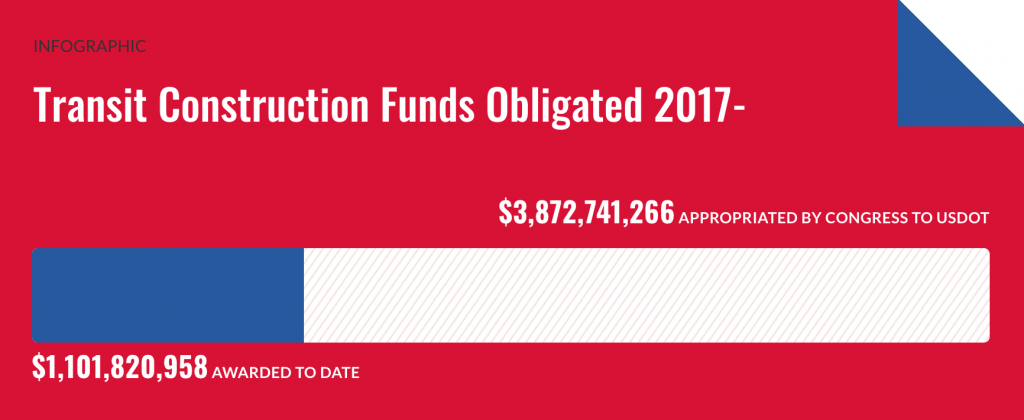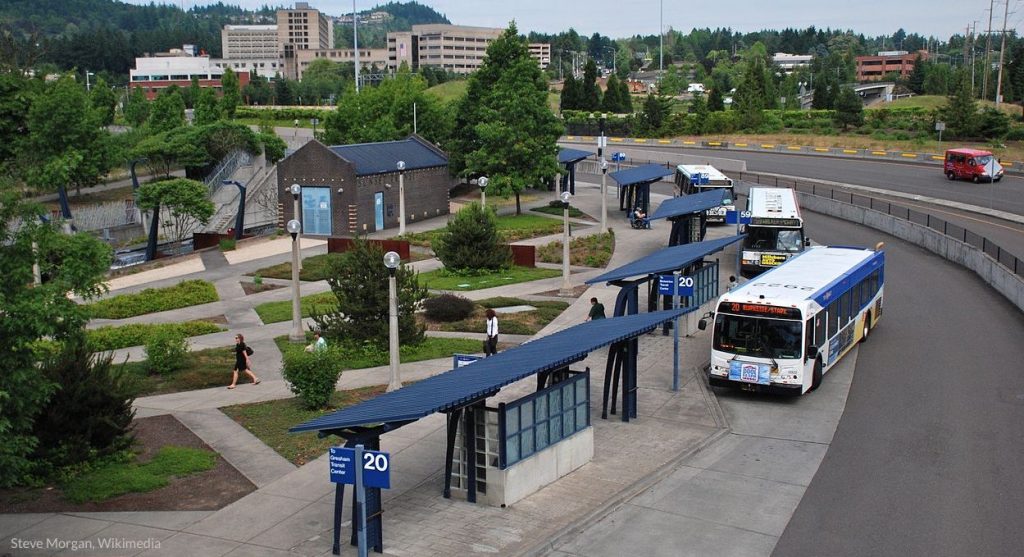Under President Trump, the U.S. Department of Transportation has effectively turned the formerly innovative BUILD program—created to advance complex, hard-to-fund projects—into little more than a rural roads program, dramatically undercutting both its intent and utility.
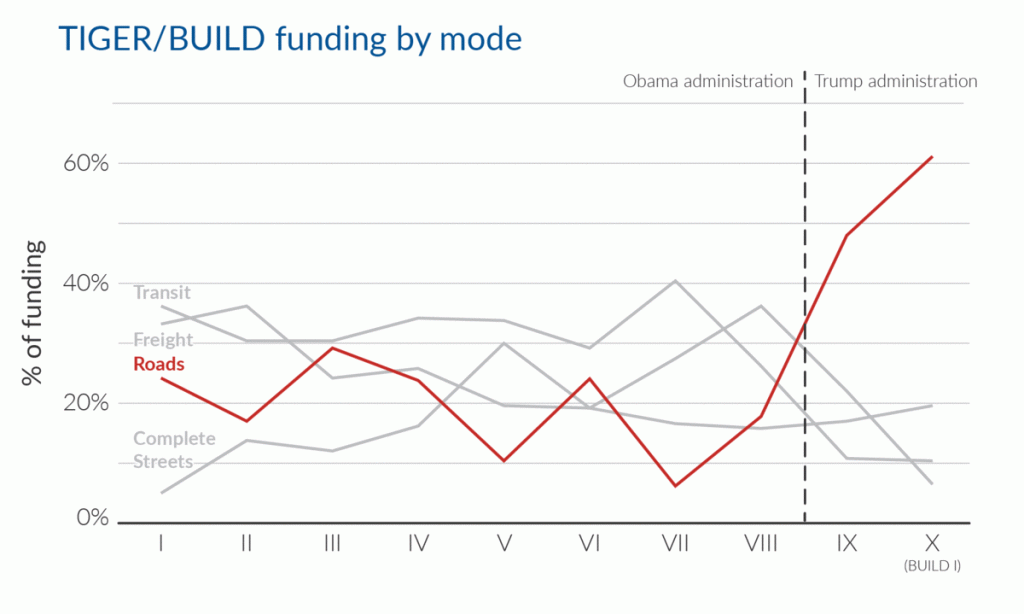
Following this week’s announcement of an 11th round in BUILD competitive grants ($900 million) available to almost any public entity for transportation projects, Transportation for America is releasing this new comparative and constructive critique of USDOT’s BUILD program (formerly known as TIGER) in three parts. Up first today, what we found after examining ten years of awards. Read the second post in the series or download the full analysis.
The Better Utilizing Investments to Leverage Development (BUILD) program has been one of the most popular and impactful transportation programs in the federal arsenal. Conceived during the first few months of the Obama administration at the height of the financial crisis in 2009, the program originally bore the name TIGER: Transportation Investments Generating Economic Recovery.
This unique program was powerful precisely because of how it differed from most other federal transportation programs.
The program is uniquely popular because of its flexibility.
Funds can be awarded to any public entity—like a city government, public university, or tribal government—and can fund almost any kind of transportation project—roads, bridges, transit, freight, ports, bike, pedestrian, or any combination—in a wide variety of contexts. Given that most federal transportation programs award funding to state DOTs and restrict funding to one particular mode, the BUILD program has provided a much needed avenue for local entities to finance multimodal or complicated projects that cross numerous jurisdictional lines.
The program’s competition resulted in projects with greater benefits.
Unlike nearly all federal transportation dollars that are awarded automatically by formulas based on population, lane-miles, or other simple criteria, USDOT receives, scores, and awards BUILD funding based on the extent to which projects improve safety, state of repair, economic competitiveness, quality of life, and environmental sustainability. If you have a great project that’s multimodal, crosses city lines, and includes multiple partners, BUILD is an opportunity to fund it—and often the only way to do so with direct federal resources. Over the 10 rounds of the program so far, USDOT received more than 8,443 applications from all 50 states and U.S. territories requesting more than $156 billion in funding.
The program encouraged more non-federal investment in transportation.
Since 2009, the program has awarded nearly $7.1 billion to 554 projects across the nation, leveraging billions more in non-BUILD funding. Over the first eight rounds, on average, projects attracted more than 3.6 additional, non-federal dollars for every TIGER grant dollar.
The focus has shifted since the Trump administration took over the program
A program which once heavily funded multimodal, transformative projects of regional and national significance which would otherwise be difficult to fund is now focused on expanding road capacity with an extreme bias for projects in rural areas. By comparing the projects selected for funding over the last 10 years and their level of funding, we identified four dramatic shifts in the program.
More roads, less multimodal
In the two most recent rounds of TIGER/BUILD awards—the first two years the program was managed by the Trump administration—only about 10 percent of funding went to transit projects. This is a big departure from the previous eight years when transit projects received between 28 and 40 percent of funding. Conversely, the share of funding dedicated to traditional road projects has grown to all-time highs; in 2018, road projects—most of which are eligible to receive normal formula dollars from their state—received more than 60 percent of the funding for the first time, after hovering below 30 percent for years.
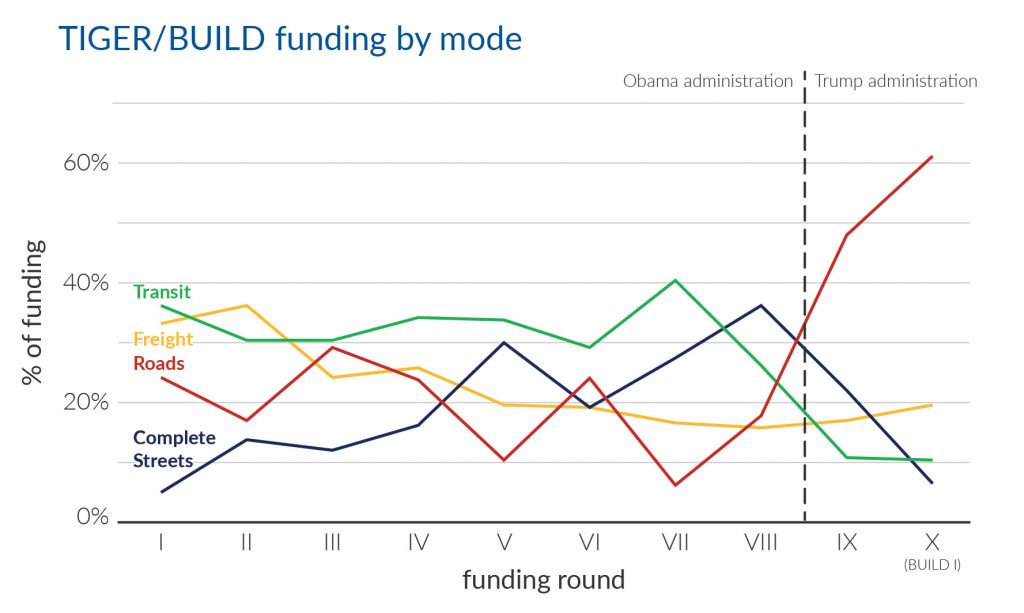
While the name of the program may have been changed to BUILD in 2018, the congressional intent did not change. The small amount of funding for multimodal projects is inconsistent with the law which directs USDOT to invest “in a variety of transportation modes.” TIGER was created in part because most federal transportation dollars are already focused on roads via the highway formulas.
If a road project didn’t rank high enough to be funded from a state’s share of the $42 billion guaranteed to be spent annually from the Highway Trust Fund, it likely isn’t essential and shouldn’t displace other more creative projects that can’t be funded through conventional federal transportation programs.
More capacity, less repair
A closer look at the road projects selected over the years shows that the Trump administration has focused more heavily on capacity expansion (i.e. new roads and road widenings) versus repair and bridge replacement. The first year of BUILD (round X) set two records: not only was a record share of total funding devoted to roads, a record percentage of that funding (70 percent) was dedicated to capacity expansion.
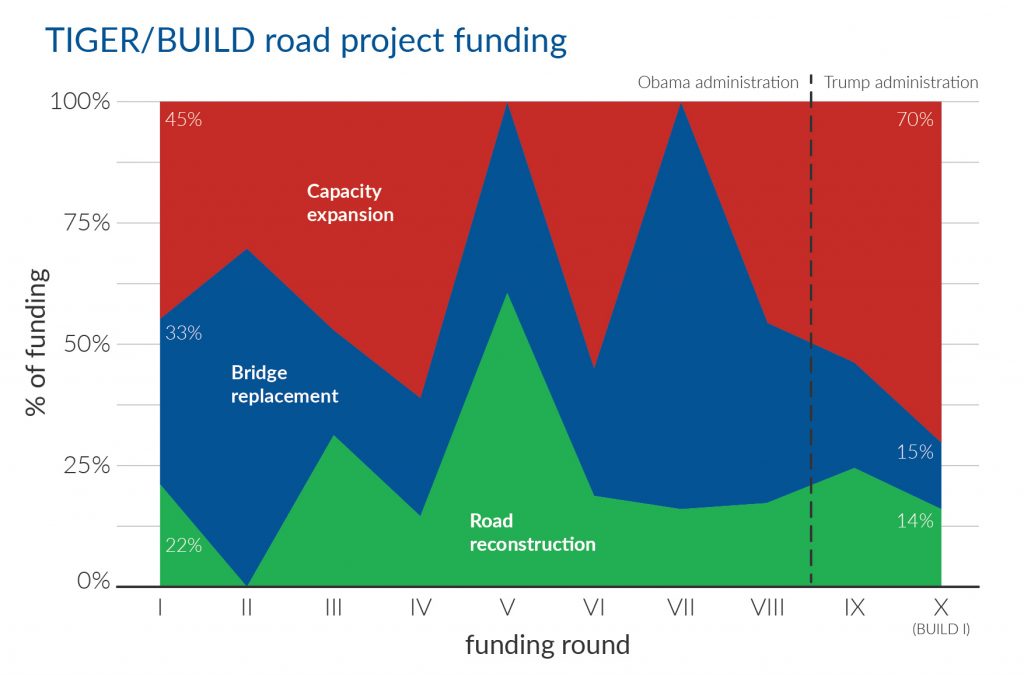
Note: this graphic only includes projects that were categorized as “roads” in the first graphic above. It does not include complete streets projects.
While policymakers of all stripes echo the constant refrain of “repairing our crumbling roads and bridges,” the Trump administration has prioritized doing the exact opposite with the BUILD program, largely opting to build new infrastructure (increasing the amount of infrastructure that needs to be maintained) rather than focusing on caring for our existing assets.
More rural, less urban
The past two of years of awards have disproportionately favored rural areas. While rural areas certainly deserve transportation investments, they should be proportional. The U.S. Census Bureau found that in 2016, approximately 19 percent of Americans lived in rural areas while 81 percent of Americans lived in urban areas. Reflecting where most Americans live, during the first eight years of the TIGER program (2009-2016) projects in urban areas received, on average, 75 percent of funding. Yet in the past two rounds of the program, projects in urban areas have only received an average of 33 percent of funding.
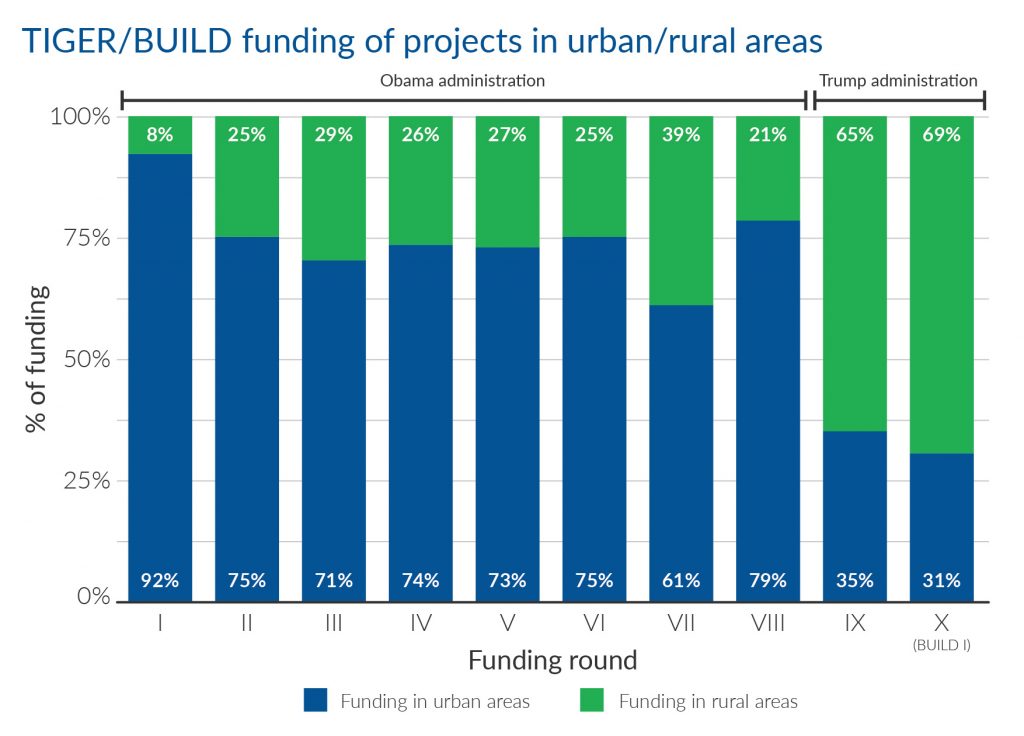
When providing BUILD funding in the last two appropriation bills, Congress directed USDOT to fund projects in rural and urban areas “to ensure an equitable geographic distribution of funds.” Disproportionately awarding grants to projects in rural areas is hardly equitable and is inconsistent with the intent and letter of the law.
Critics often complained during the earlier years of the program that it was too urban-focused based solely on the location of the chosen projects. However, many projects classified as urban were actually projects of national significance that have great utility and benefits for rural areas. For example, Port of New Orleans Rail Yard Improvements were funded during TIGER II “to reduce congestion, facilitate the movement of marine and rail cargo, stimulate international commerce, and maintain an essential port.” This project brings immense benefits for the city, the rural areas around it, and the country even though it was classified as an “urban project.” It creates jobs in New Orleans at the port and moves exports like poultry, paper, and pulp to market, a critical need for farmers and manufacturers across the country.
While the Trump administration has made investment in rural communities a key talking point, USDOT’s project selection reflects a very narrow and overly simplistic understanding of what can actually help those communities. Projects that get goods from rural America to market are left off the table just because they might be located in an urban area.
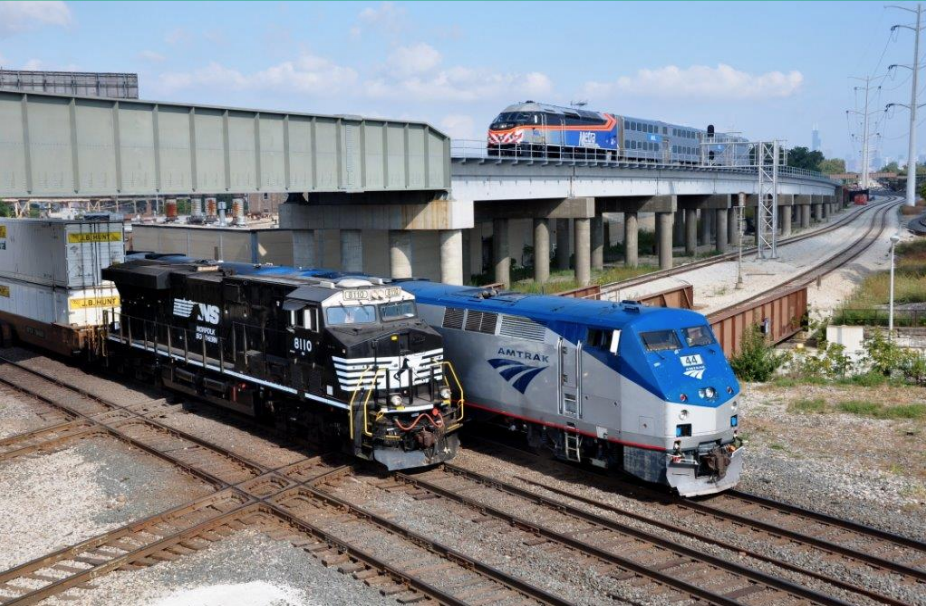
A new rail flyover at 63rd and State in Chicago that eliminated an at-grade crossing. TIGER I provided $100 million to a package of rail infrastructure projects in the Chicago region known as CREATE. While classified as an urban project, CREATE is addressing a series of bottlenecks that result in passenger delays in Chicago and freight delays throughout the country, bringing benefits to urban and rural communities alike across the region, state, and country. Photo by Mark Llanuza.
More funding for state DOTs, less for anyone else
One of the greatest strengths of the BUILD program is that it’s one of the few ways for local governments (or any public entity) to directly receive transportation funding from the federal government to advance their own priority projects, without having to go hat-in-hand to the state. If a municipality or public transit agency conceives of a great project that ticks the required boxes under the law—and if they can identify a local matching contribution—BUILD funding is an option.
Most other federal transportation funds are directed to and controlled by state DOTs. (A smaller share goes to regional metropolitan planning organizations.) As most mayors or other local elected leaders know from firsthand experience, a state DOT’s priorities for spending within their community’s borders are often not the same.
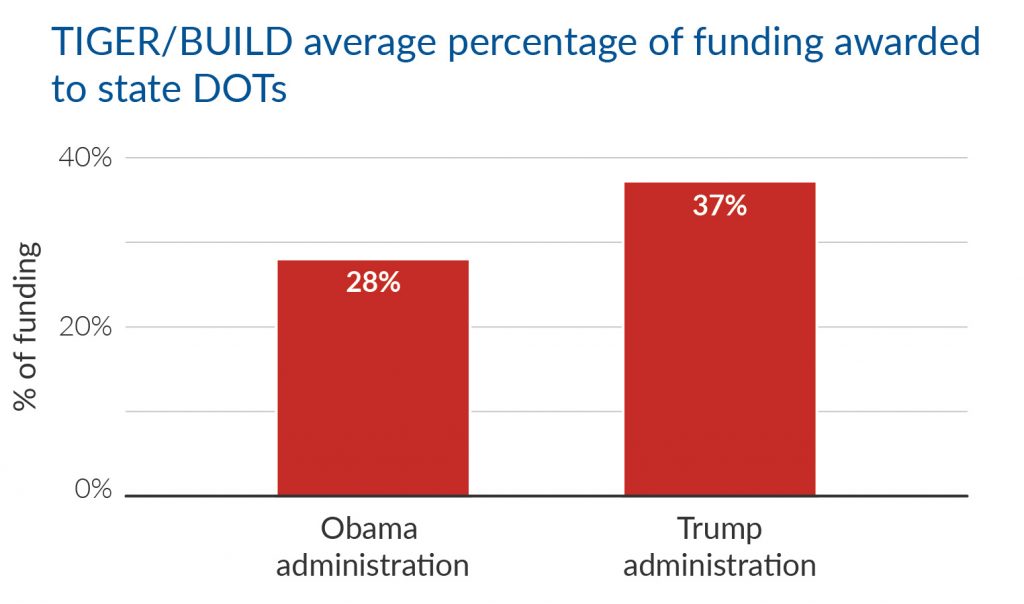
Under the Trump administration, more funds have been going to state DOTs—an average of 37.5 percent awarded to state DOTs compared to 28 percent under the Obama administration.
Up next, our recommendations for re-BUILDing the program in the second post. Or download the full analysis.
Want to get updates on reports like this? Sign up for email from T4America.
SIGN UP
Sean Doyle was the primary author of this report for Transportation for America, with contributions from Beth Osborne, Scott Goldstein and Stephen Lee Davis.
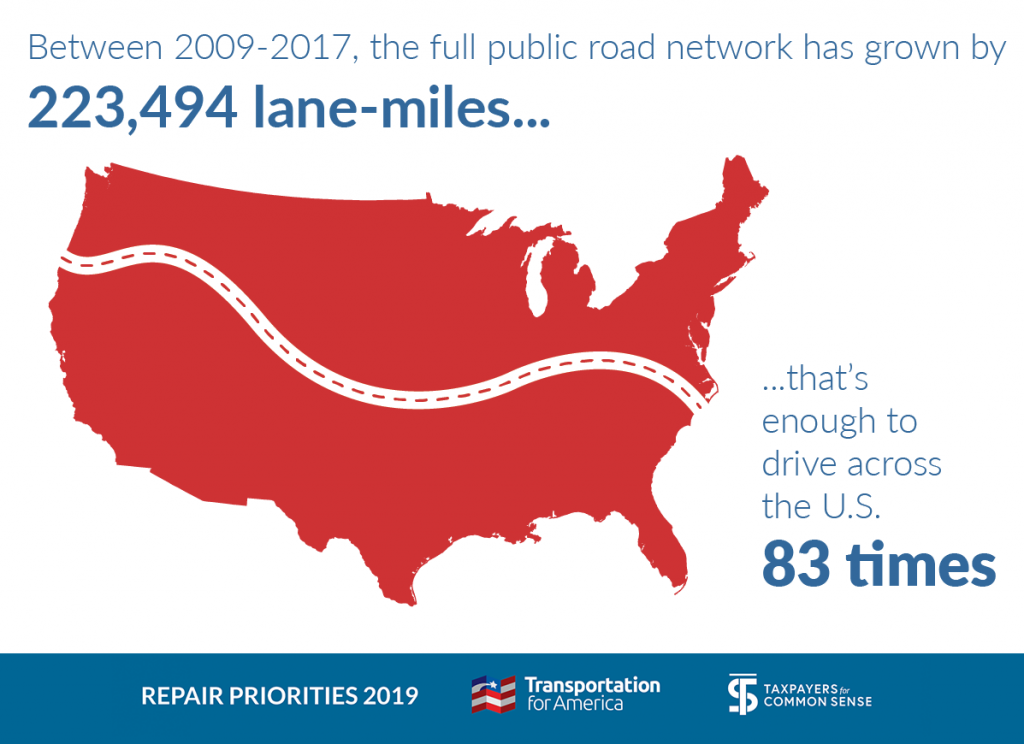




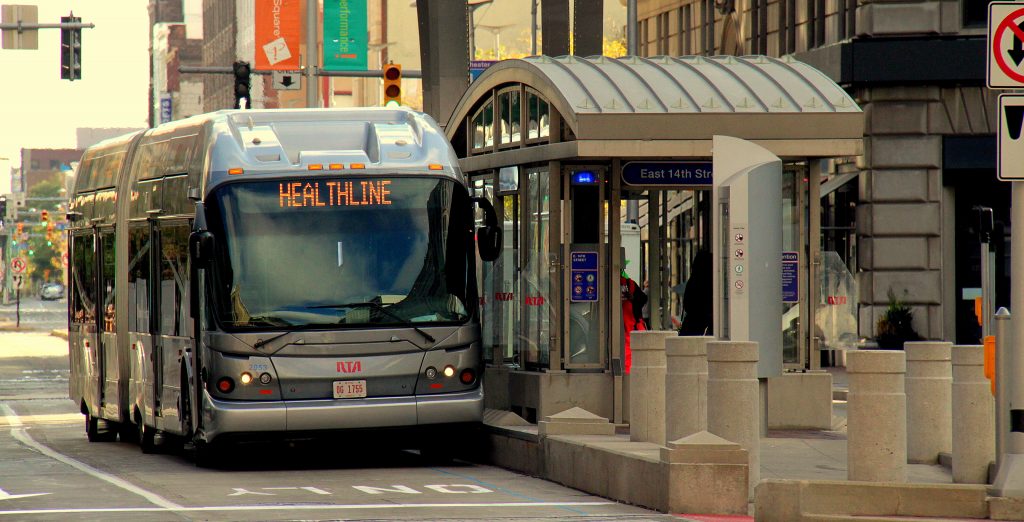
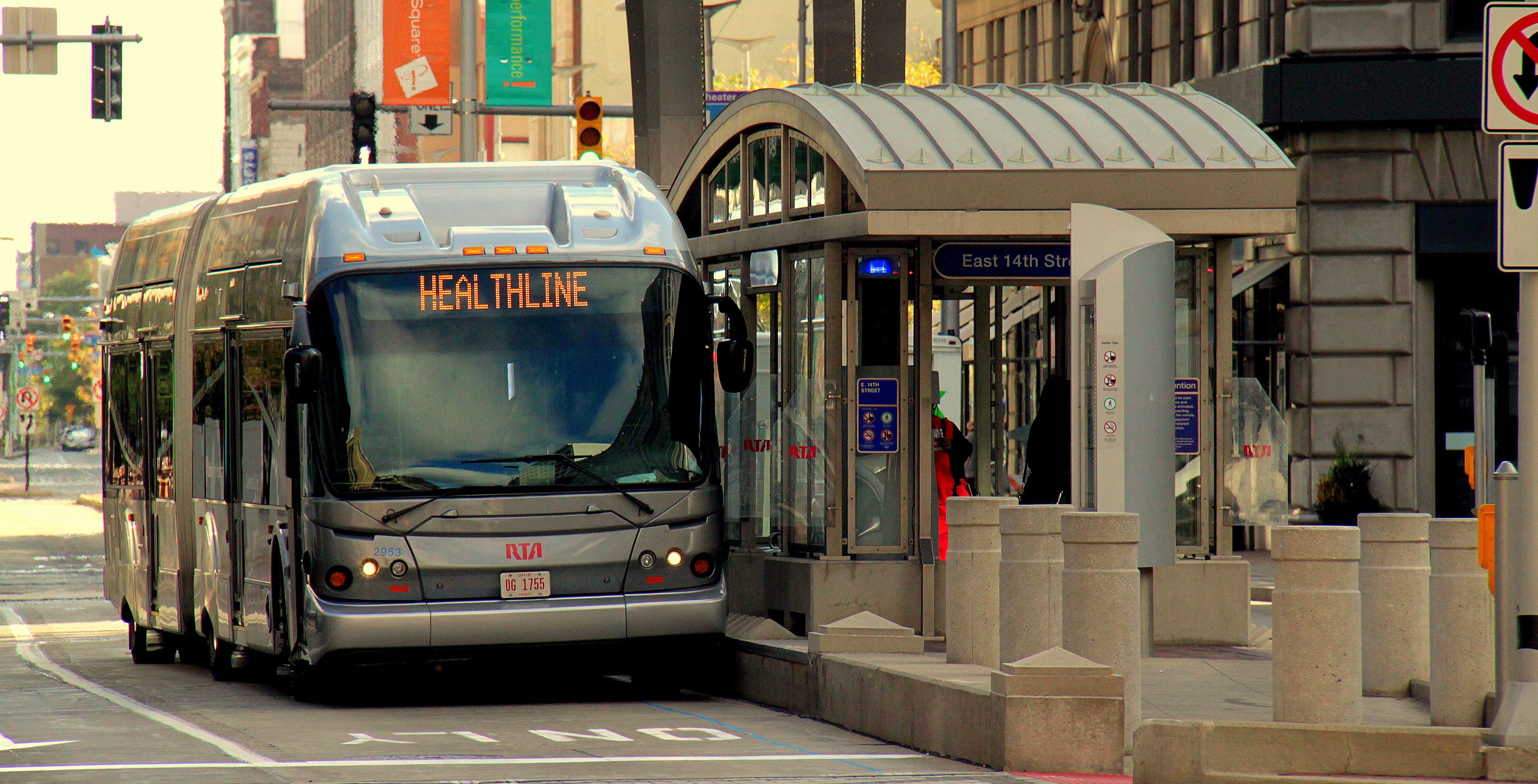
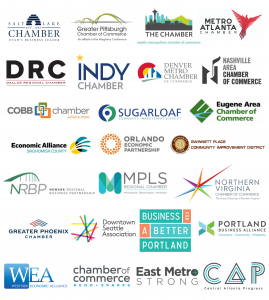
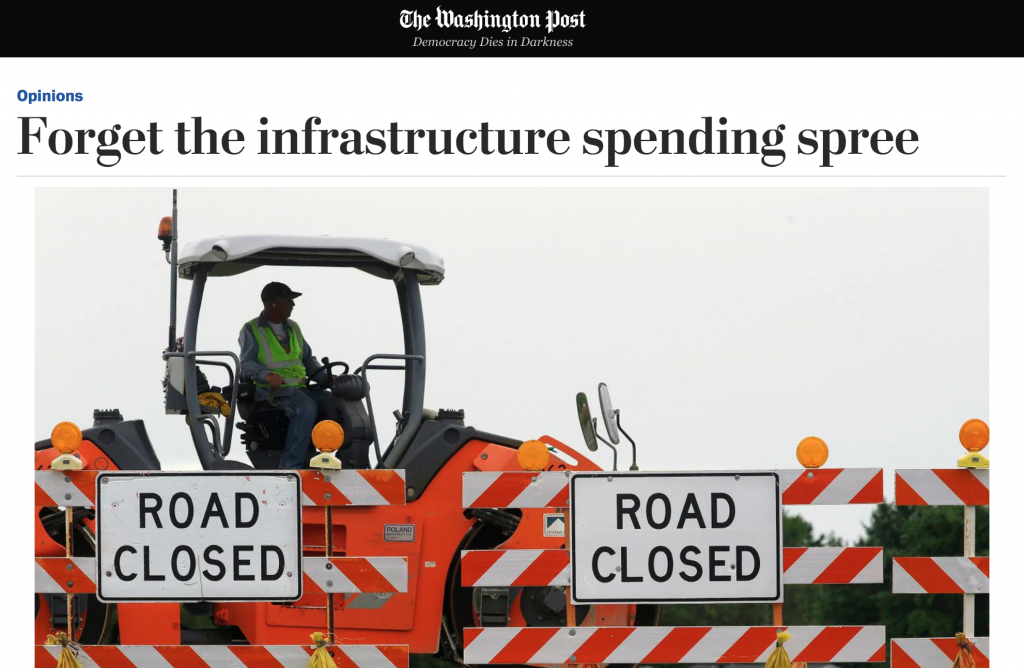
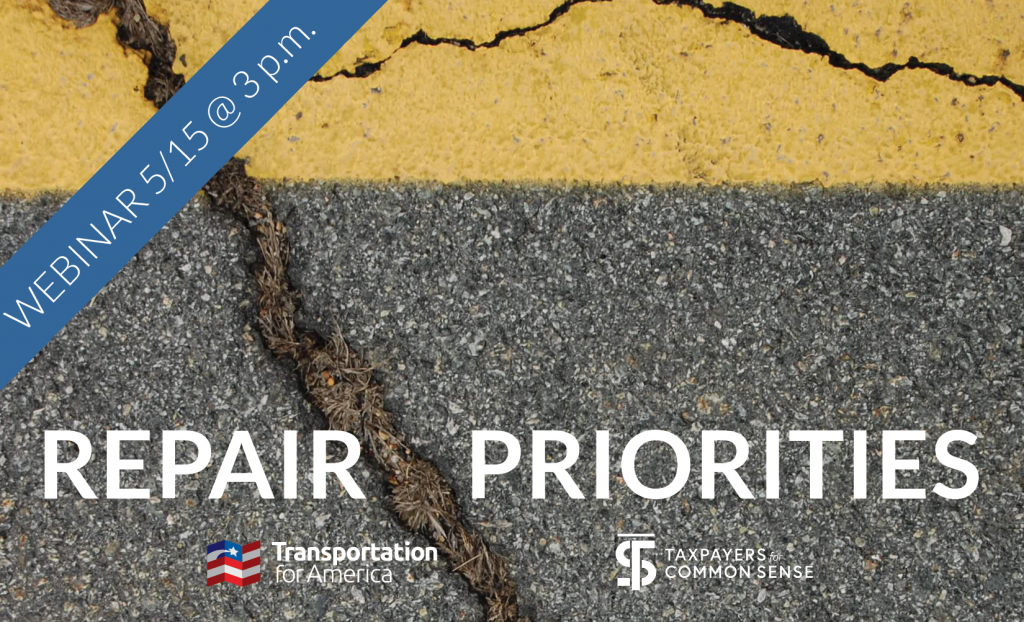
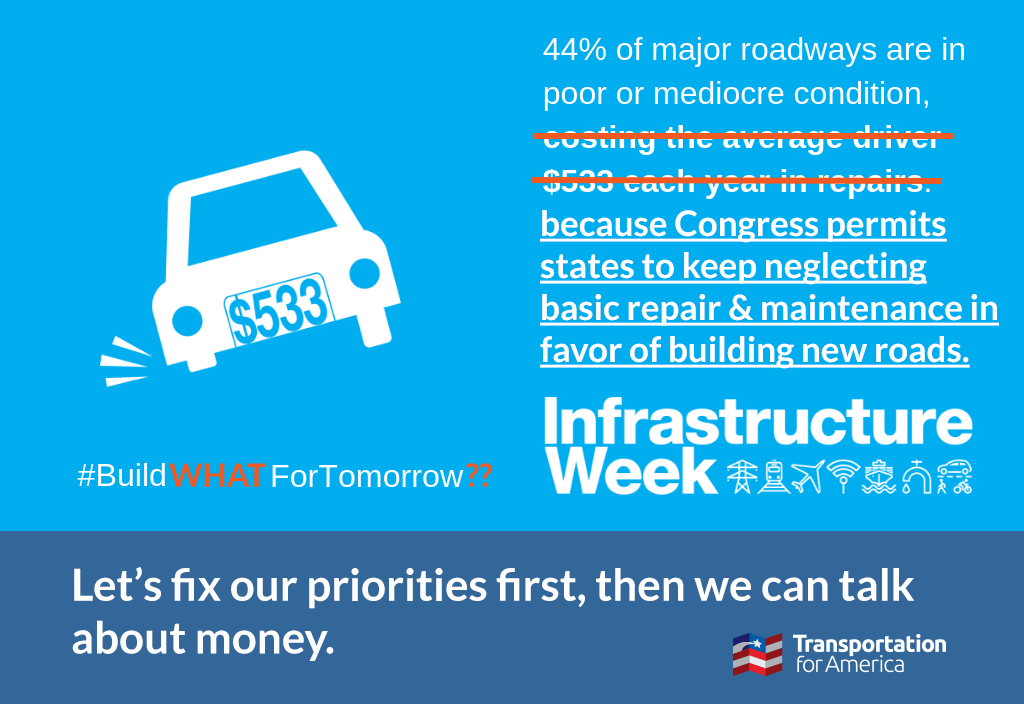
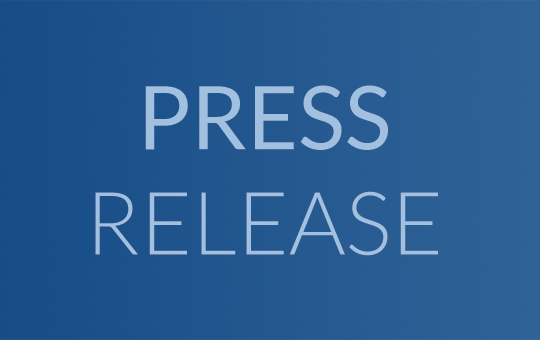
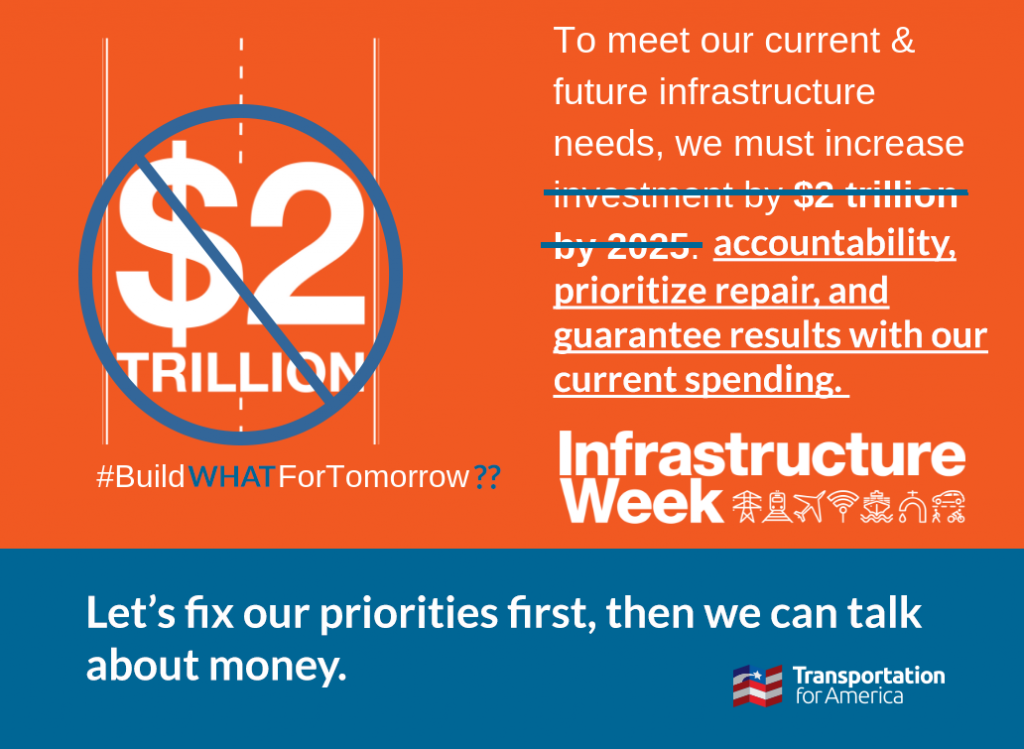
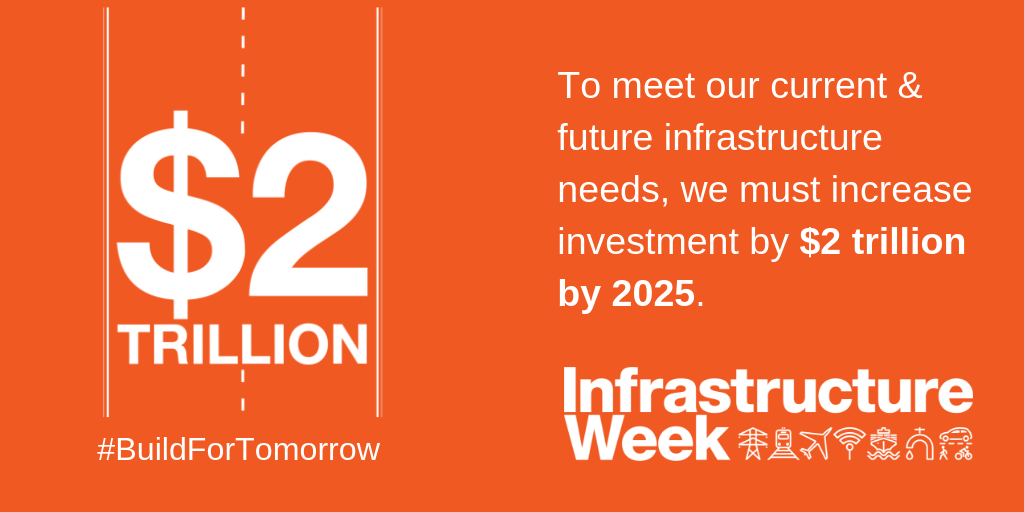
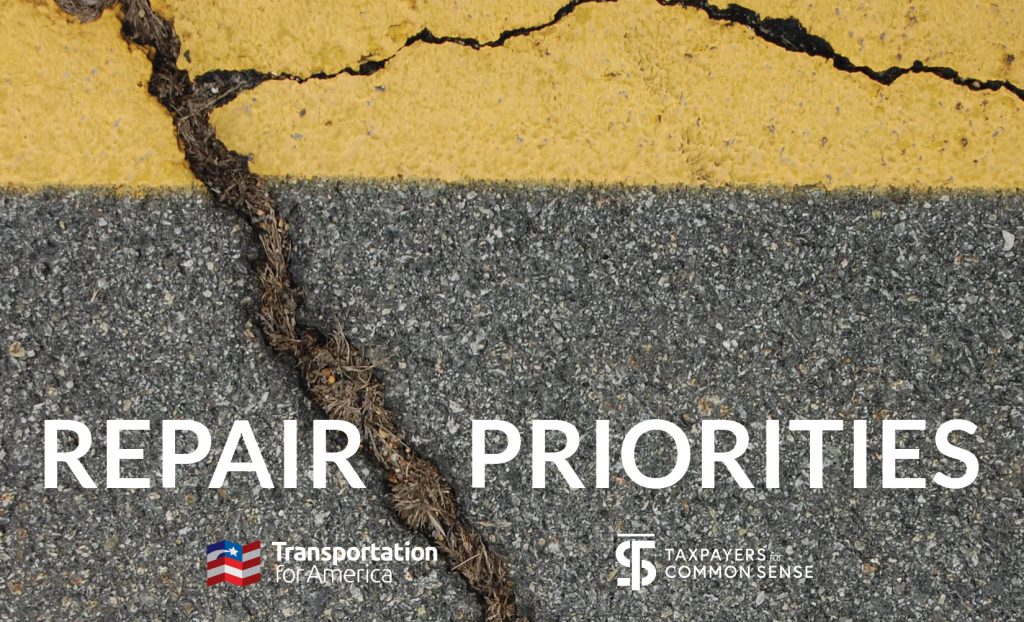
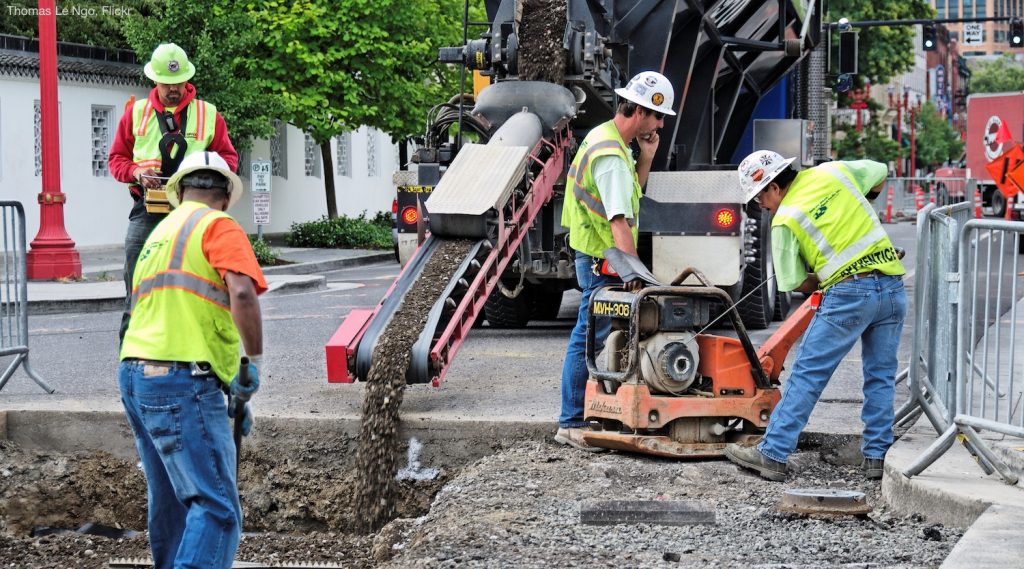
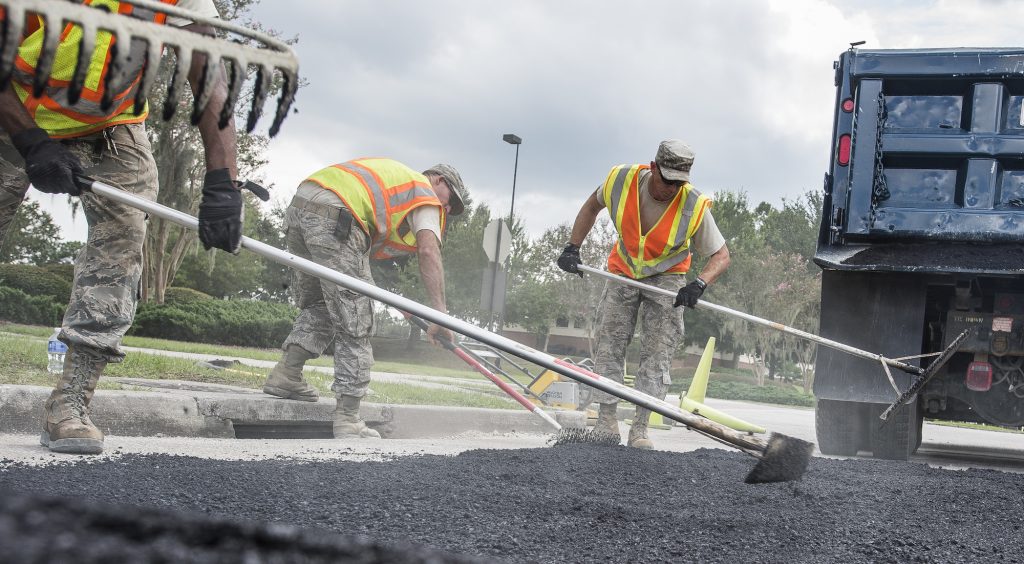
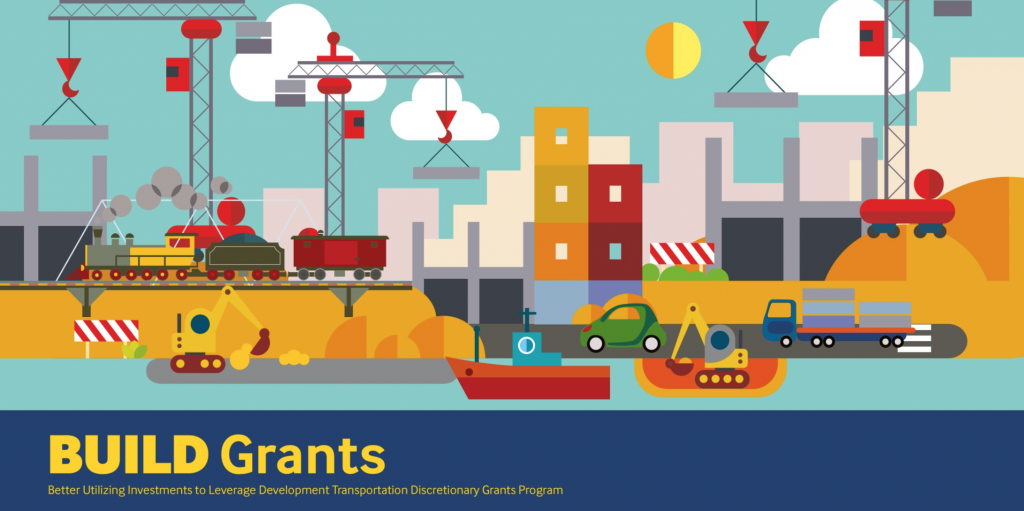
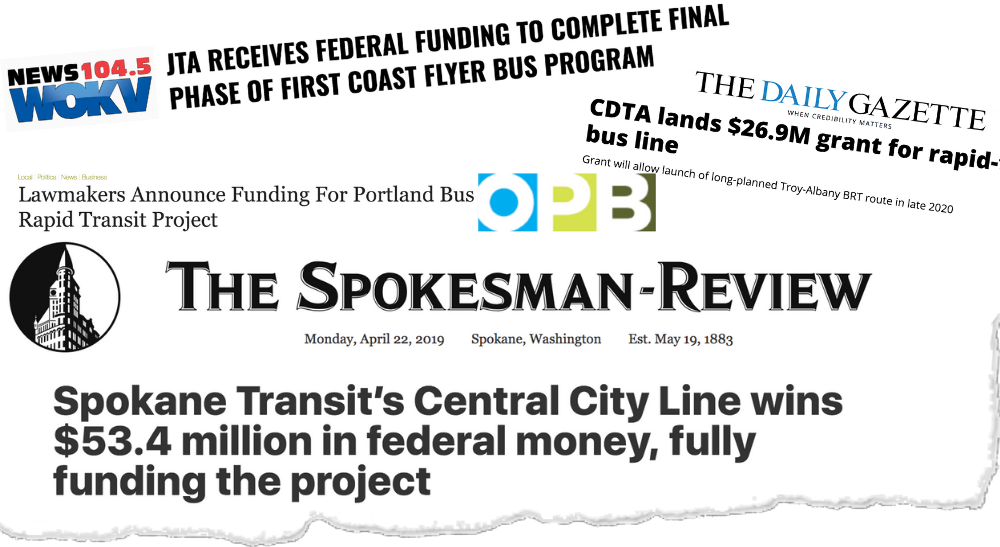
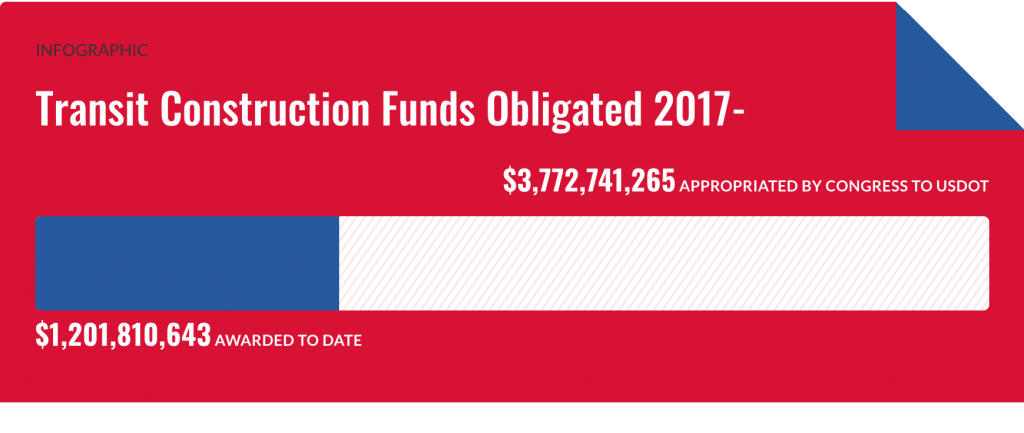
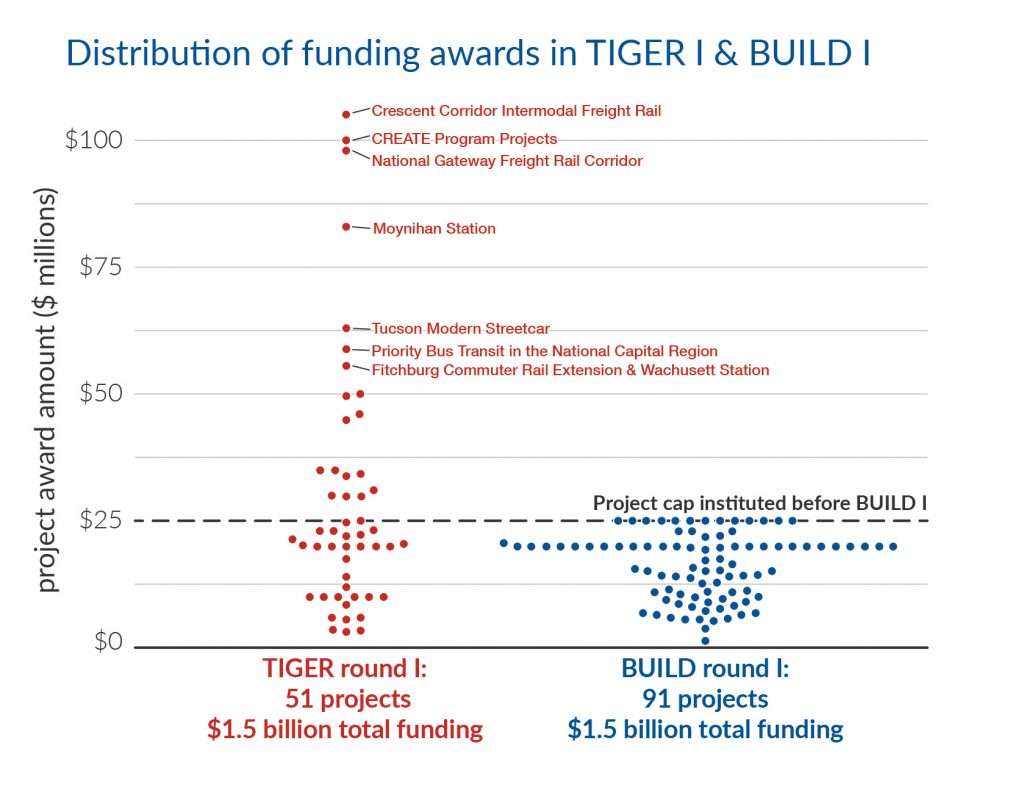






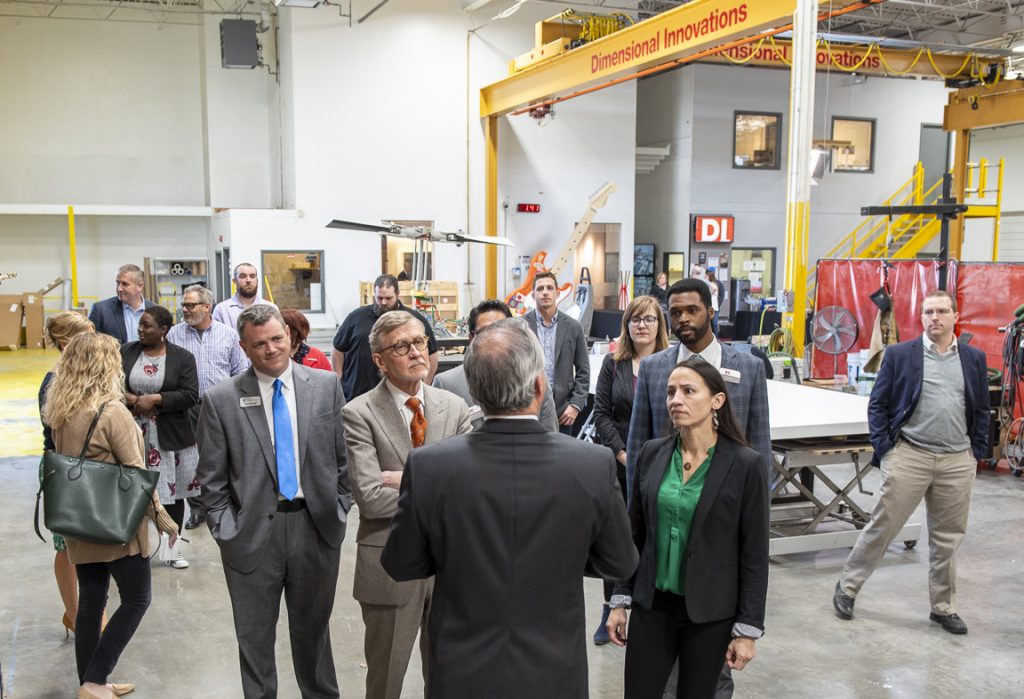
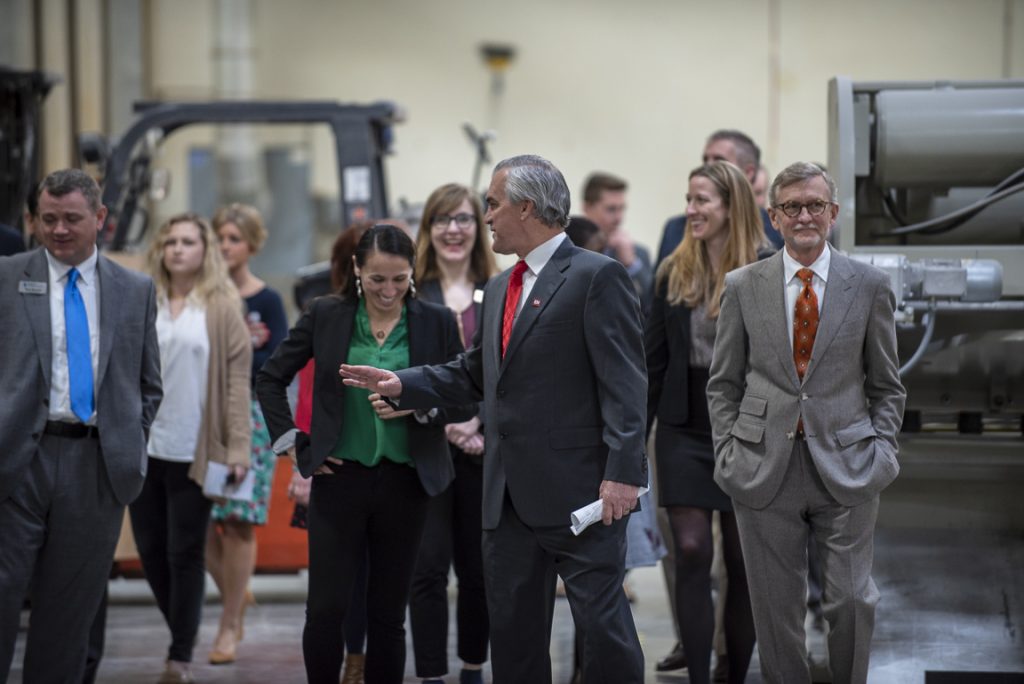
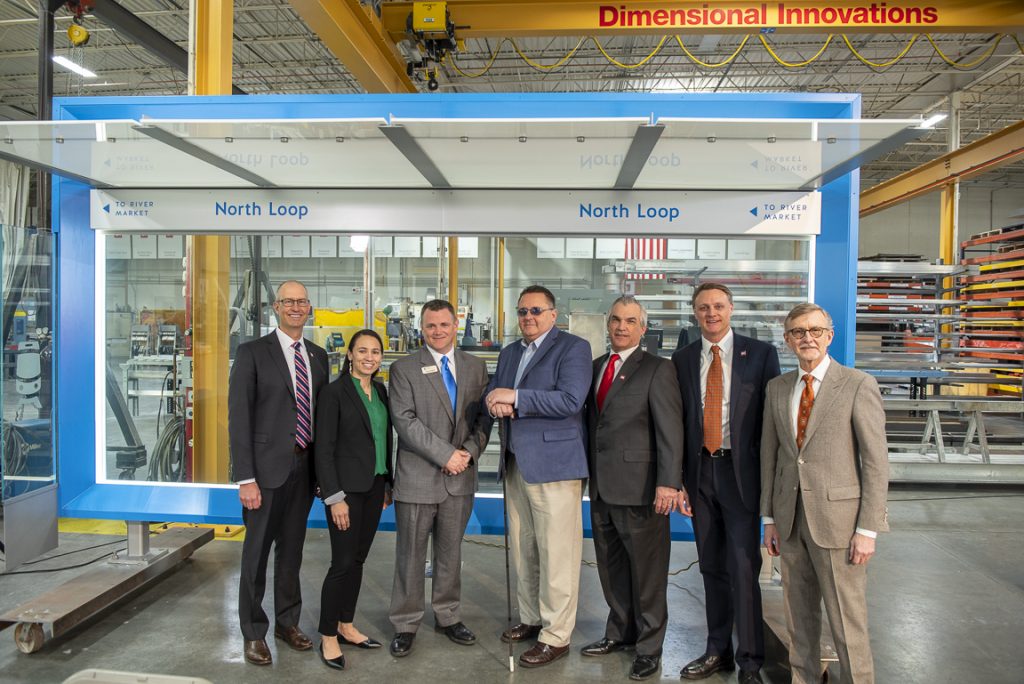
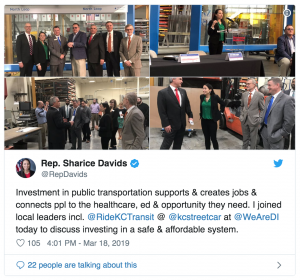
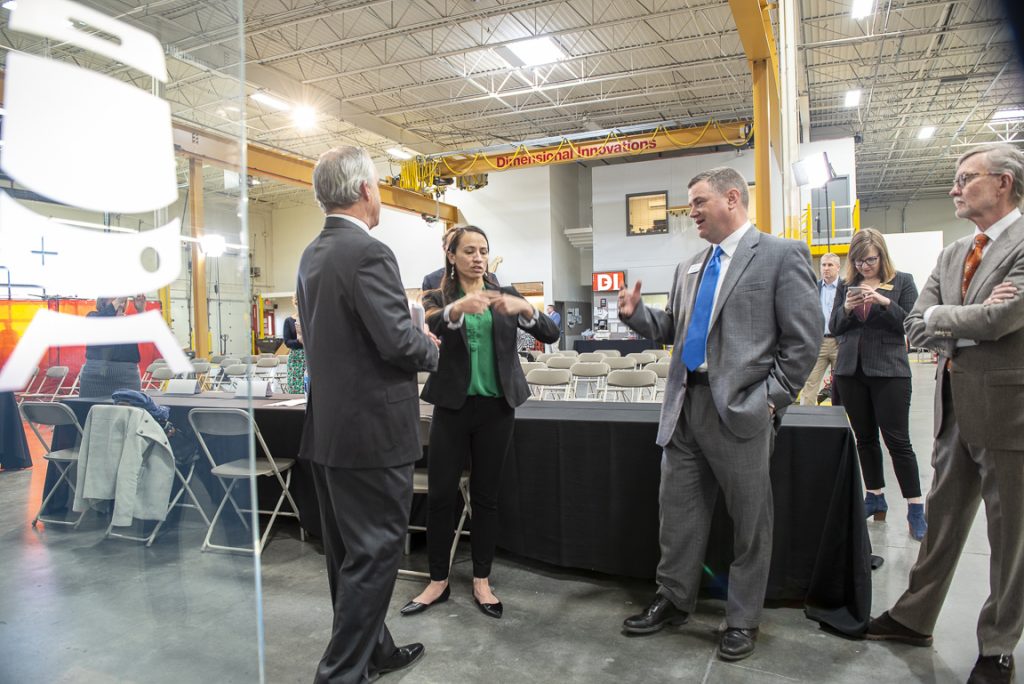
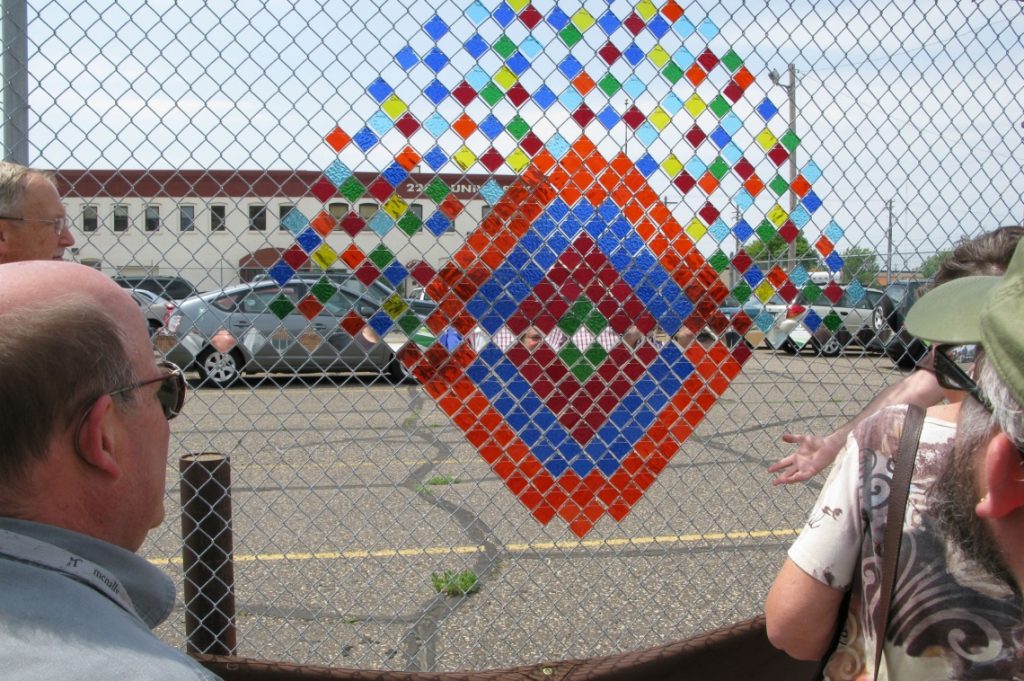
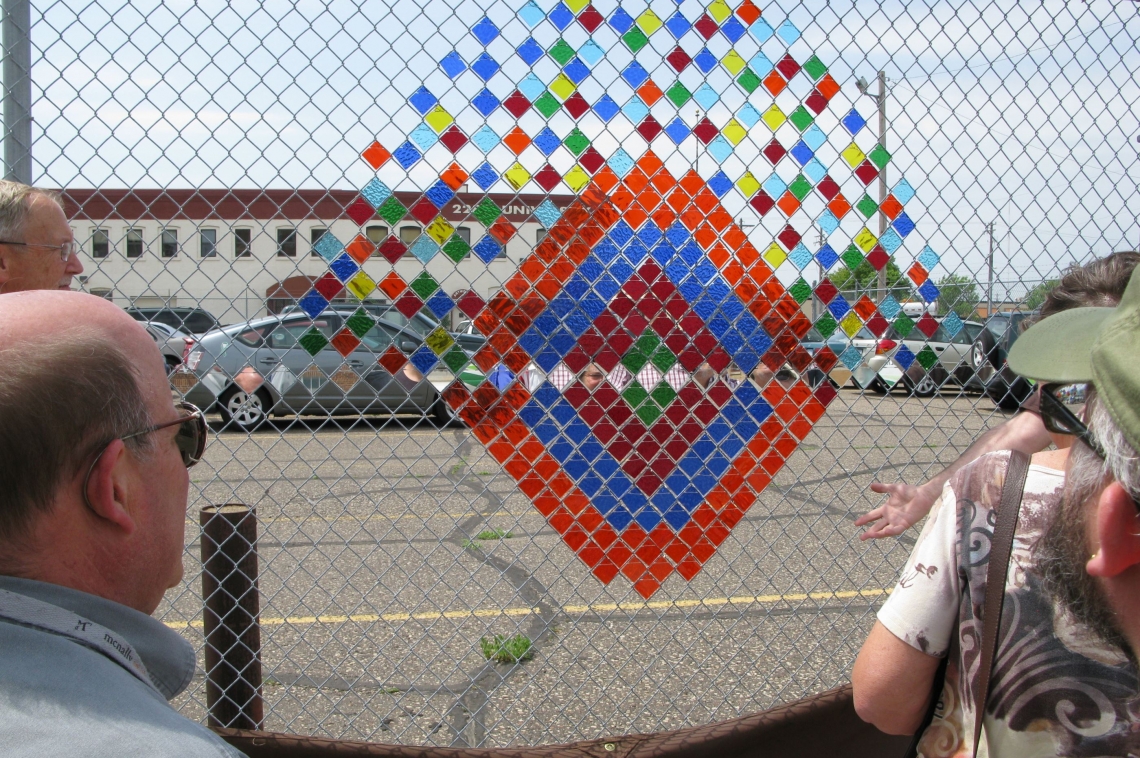 T4America is proud to announce the creation of a new yearlong Arts, Culture, and Transportation (ACT) Fellowship to help those already working at the nexus of arts and transportation take their work to the next level.
T4America is proud to announce the creation of a new yearlong Arts, Culture, and Transportation (ACT) Fellowship to help those already working at the nexus of arts and transportation take their work to the next level.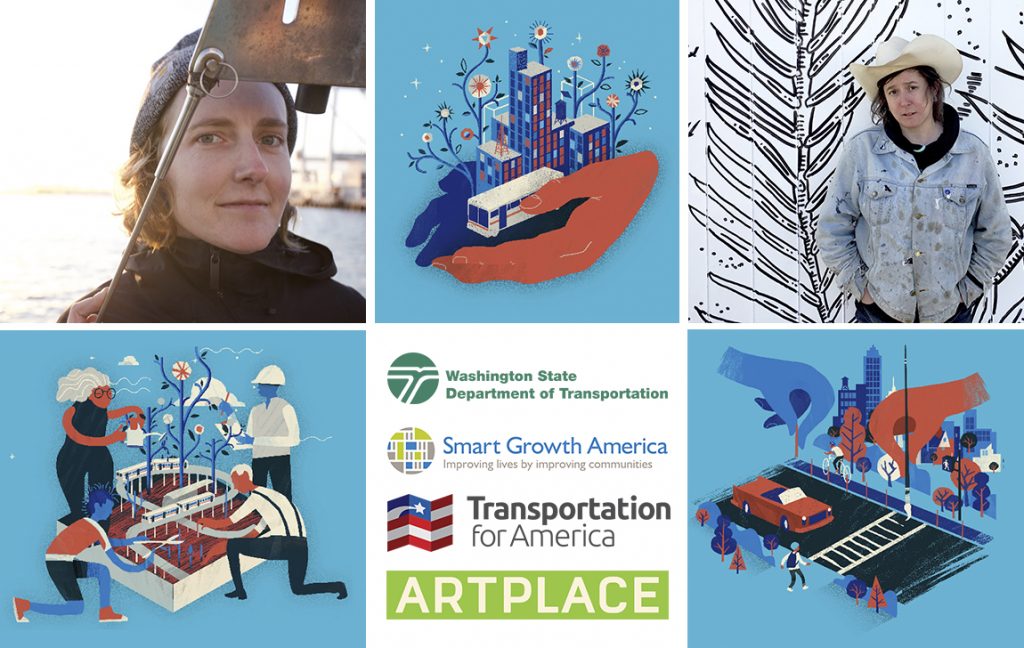
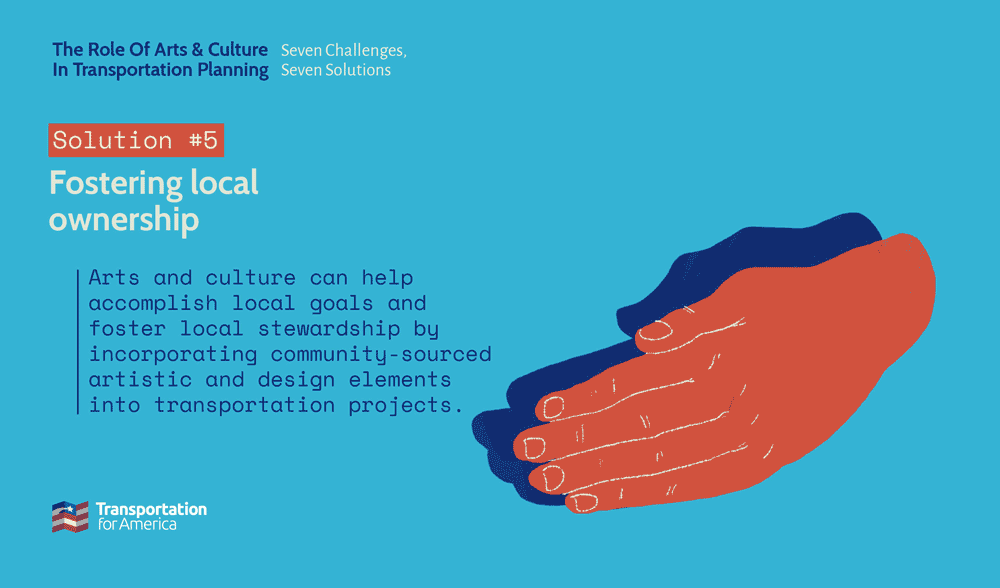
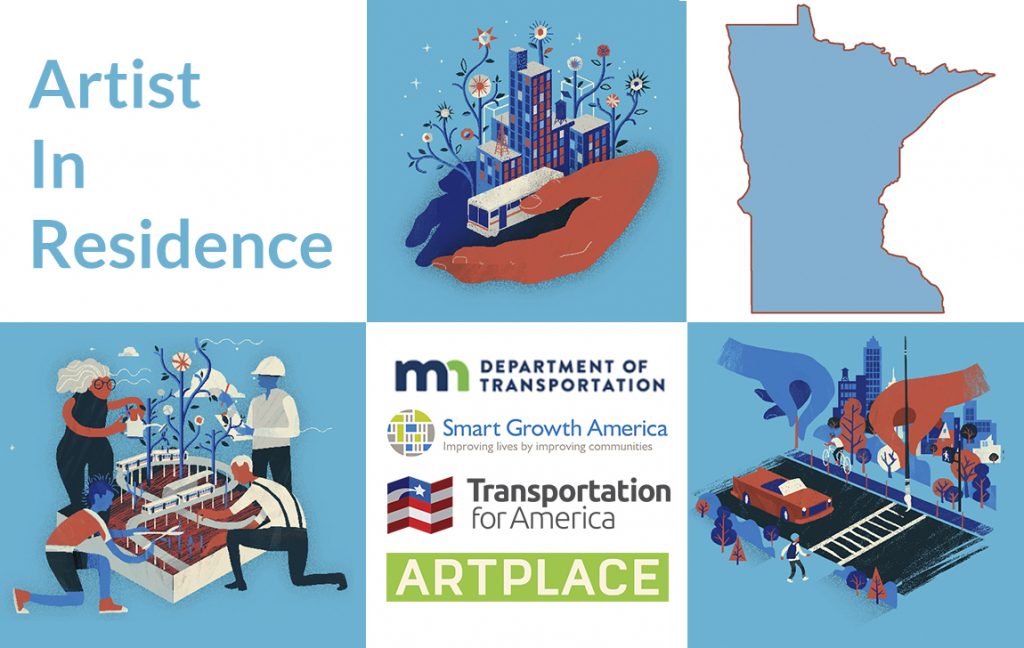
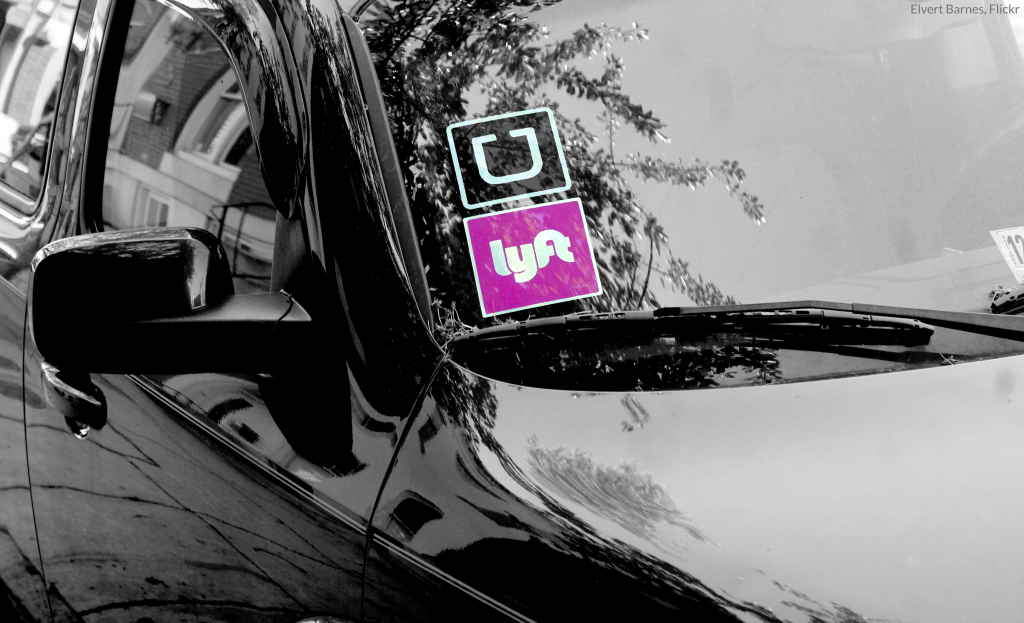
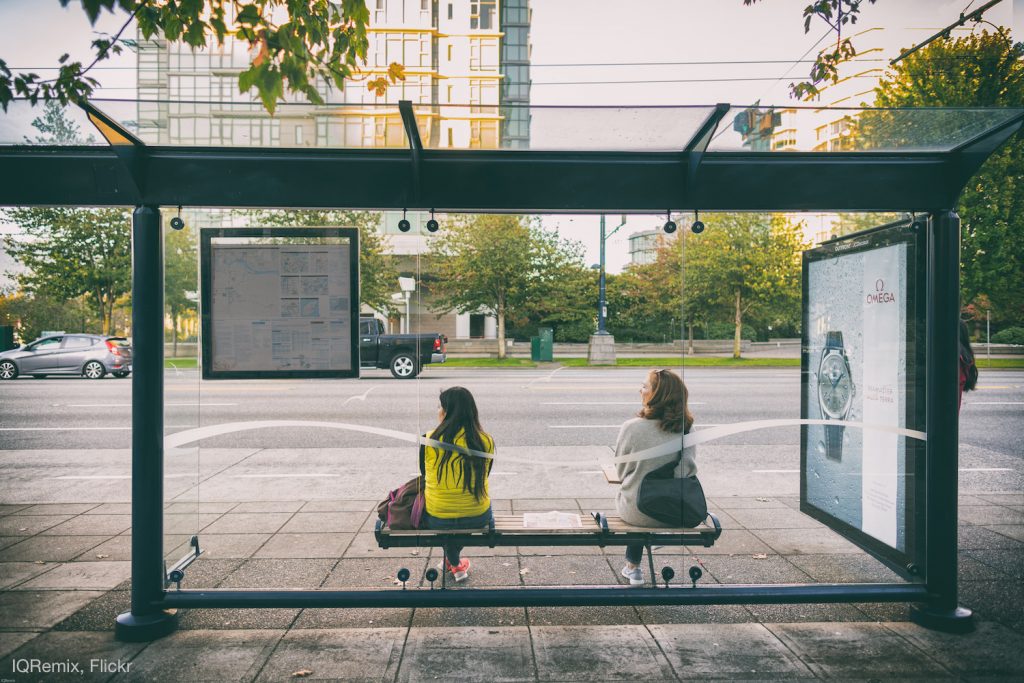
 President Trump’s just-released 2020 budget would cut federal transit capital grants by $1 billion. Although this is a slight improvement from the administration’s past efforts to eliminate all funding for new transit projects, it comes after a backlash against USDOT—stoked by Transportation for America’s
President Trump’s just-released 2020 budget would cut federal transit capital grants by $1 billion. Although this is a slight improvement from the administration’s past efforts to eliminate all funding for new transit projects, it comes after a backlash against USDOT—stoked by Transportation for America’s 